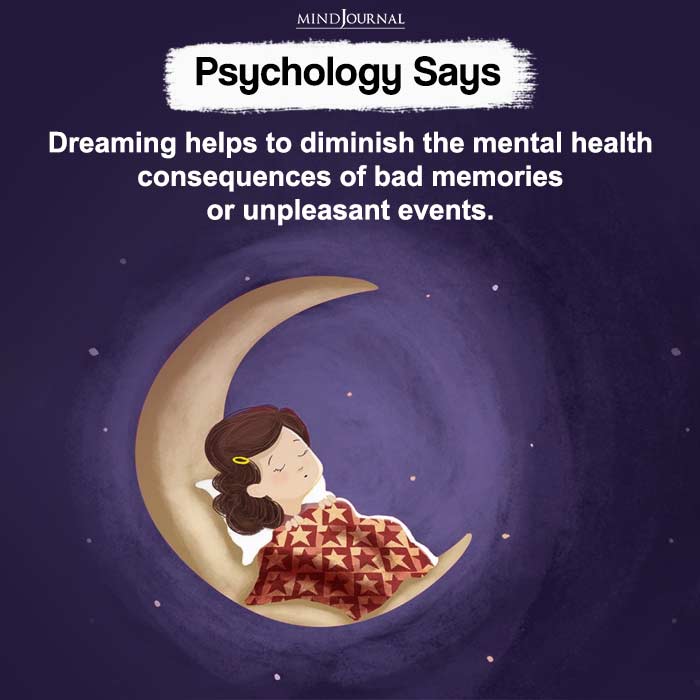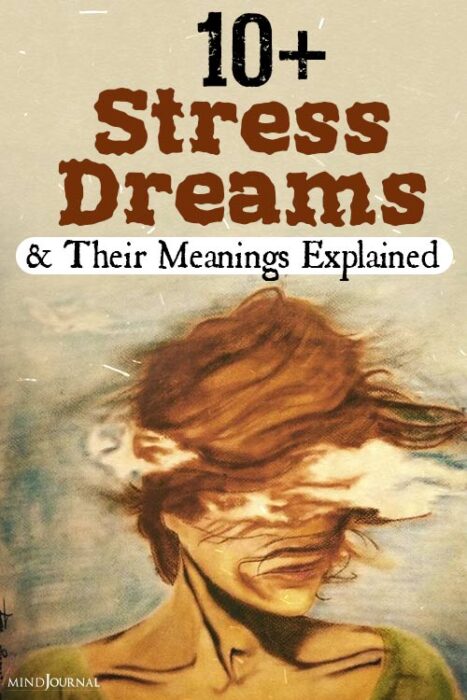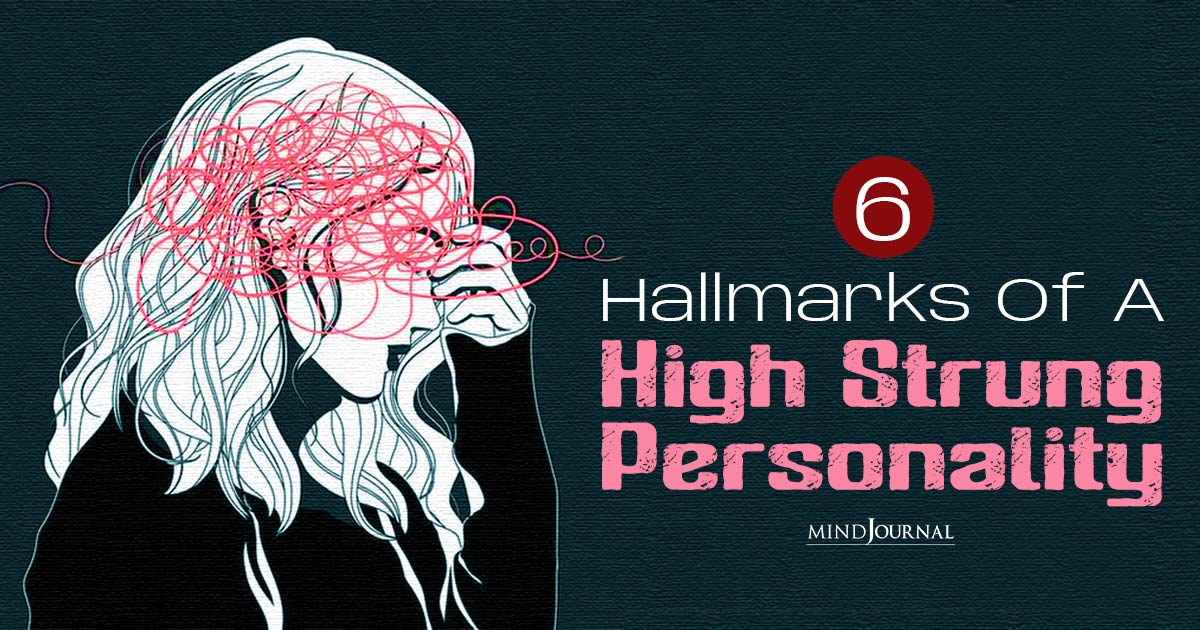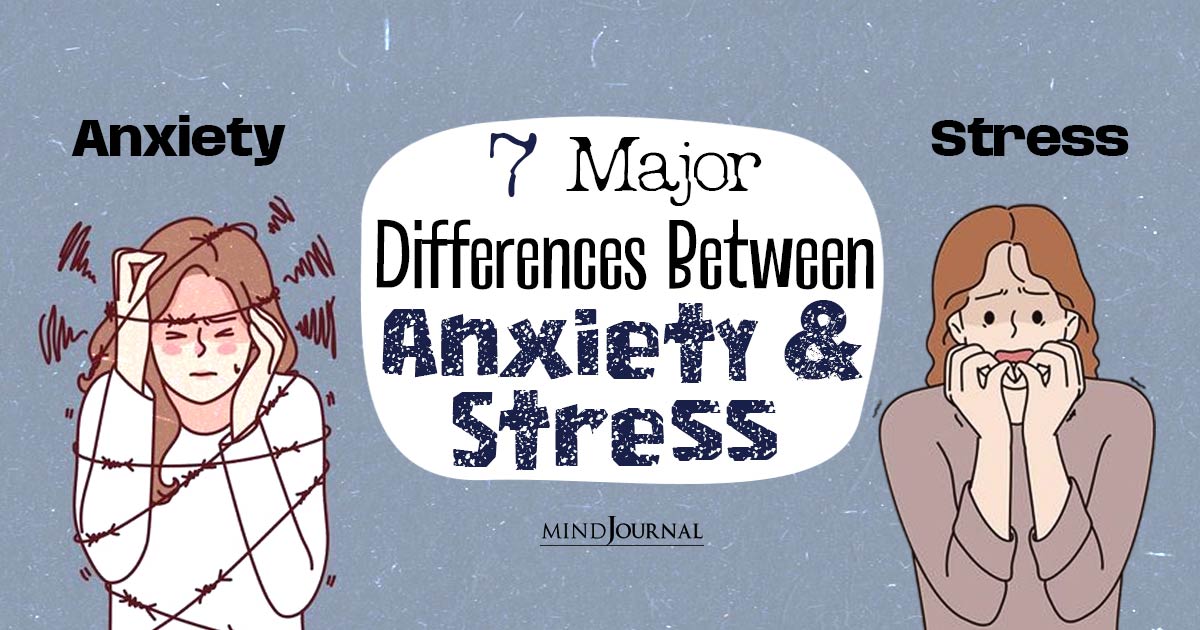What are stress dreams? Stress dreams are manifestations of the stress, trauma, worries, and anxieties that we experience in our waking life! But what are these dreams telling you?
In this article, we will talk about:
- What are stress dreams?
- The difference between stress dreams and nightmares
- 10+ Common stress dreams and What stress dreams are trying to tell you
- What causes stress dreams?
- What does it mean if the dreams are recurring
- How to stop Stress Dreams
- Tips on better sleep and less stress
In the stillness of the night, the mind sometimes conjures scenarios that leave us waking up in a cold sweat. We’ve all experienced it – those dreams where we’re falling endlessly, losing our teeth, or showing up to an important event entirely unprepared. Welcome to the realm of stress dreams.
What Are Stress Dreams?
Stress dreams are vivid, often unpleasant dreams that arise from one’s anxieties, worries, or stressors. They are not necessarily terrifying but can leave a person feeling restless, disturbed, or even more stressed upon waking.
Read My Job Is Too Stressful: Are You Suffering From Shit Job Stress Disorder (SJSD)?
Stress Dreams vs. Nightmares: A Deeper Dive
Dreams, as a window into our subconscious, offer a fascinating glimpse into our innermost fears, anxieties, and desires. Among them, stress dreams and nightmares often stand out due to their intense emotional resonance.
While both can be unsettling, understanding their nuances can offer valuable insights into our mental and emotional well-being.
Stress Dreams: These dreams often manifest as situations that mirror our waking life anxieties. They are characterized by scenarios that evoke feelings of pressure, insecurity, or uncertainty.
However, they might not necessarily invoke terror. Instead, the overriding emotion might be one of discomfort or embarrassment. For instance, dreaming of being in public in one’s pajamas might signify vulnerability or a fear of being caught off-guard.
Nightmares: Nightmares, on the other hand, plunge the dreamer into situations of imminent danger or terror. They are far more intense and can leave an individual feeling deeply disturbed upon waking.
The fear experienced in nightmares can sometimes have no direct correlation with real-life events. However, they can also be influenced by traumatic events, making them more challenging to decipher.
The vividness of a nightmare — such as being chased by a monstrous entity — might symbolize overarching fears rather than specific daily stressors.

Unpacking 11 Common Stress Dreams: What Stress Dreams Are Trying To Tell You?
The human psyche, complex and multifaceted, often turns to shared symbols and scenarios in dreams. These recurrent motifs, seen across various cultures and individuals, give us a unique perspective into collective anxieties and individual stresses.
1. Falling:
A sensation of freefall or plummeting in dreams can be incredibly unsettling. Often, this is thought to represent feelings of insecurity or instability in one’s life.
Whether it’s a shaky relationship, uncertainties at work, or a general sense of not being anchored, such dreams might be signaling a need to find grounding.
2. Losing Teeth:
The act of losing teeth or having them crumble away is a surprisingly common stress dream. Symbolically, teeth represent strength and confidence.
Their loss in a dream might indicate fears about personal powerlessness, concerns about personal attractiveness, or even anxieties about health or aging.
3. Being Chased:
This adrenaline-pumping scenario is a direct manifestation of avoidance. Whether it’s a situation you’re dodging, a confrontation you’re delaying, or a past event haunting you, being pursued in a dream often indicates something you’re not facing head-on.
4. Taking an Exam:
The classroom setting, especially an examination, can conjure feelings of unpreparedness. Regardless of one’s age or distance from academic settings, such a dream might highlight fears of judgment, not measuring up, or being caught unaware of other aspects of life.
5. Failing a Test:
Even years after formal education, many still dream of failing exams. Such dreams might reflect self-doubt, fear of judgment, or apprehension about not meeting personal or societal standards.
6. Trying Repeatedly to Accomplish Something and Failing:
Dreams where you’re stuck in a repetitive cycle, trying hard to achieve a task but never succeeding, often reflect feelings of frustration or ineffectiveness in waking life.
It might symbolize perceived inadequacies, where you feel your efforts are futile, or where you believe you’re stuck in a rut.
7. Being Late:
Racing against time and still not making it is another prevalent dream scenario. This could highlight anxieties about missing out on opportunities, not meeting expectations, or an overarching fear of not having enough time in life to achieve your goals.
8. Losing Something Important:
Dreaming of losing a passport, money, or any other significant item can symbolize feelings of insecurity or vulnerability. It could also denote fears of losing one’s identity, status, or sense of self-worth.
9. Uncontrolled Journey:
Being in a vehicle that’s either speeding uncontrollably or driven by an untrustworthy individual, including yourself, often represents feeling out of control in life. It can signify uncertainties or apprehensions about where life is taking you, or doubts about who’s guiding your journey.
10. Natural Disasters (Tornadoes, Floods):
Witnessing or being caught in overwhelming natural events such as tornadoes or floods can indicate feelings of being overwhelmed by external forces in real life. It could represent unforeseen challenges, tumultuous emotions, or situations that seem larger than life.
11. Fire in Your Home:
A blazing fire, especially in one’s home, or even in a dream can be deeply unsettling. This imagery might represent consuming emotions, destructive tendencies, or significant changes.
The home is a personal sanctuary, and a fire within could signify fears about threats to security, stability, or personal relationships.
The Sopranos (HBO series): Tony Soprano, the mob boss protagonist, frequently has stress-induced dreams which he discusses with his therapist, giving viewers insights into his subconscious fears and desires.

While it’s intriguing to learn what stress dreams are trying to tell you, it’s essential to note that the meaning of dreams can be deeply personal. What’s crucial is understanding the root of the stress that might be causing them.
Read The Spiritual Meaning of Dreams About Cheating: Exploring Deeper Realms of the Heart
What’s Causing Your Stress Dreams?
Stress dreams often arise from:
- Daily Anxieties: Work pressure, relationship troubles, or upcoming events.
- Traumatic Events: Past traumas can manifest in dreams.
- Transitions: Major life changes, like moving or starting a new job.
Recurring Stress Dreams
Recurring stress dreams can be especially jarring, indicating unresolved issues or deeply rooted anxieties. It’s a sign that the subconscious mind is grappling with something repeatedly.
How to Stop Stress Dreams
Combatting stress dreams involves addressing both the dream and its underlying cause:
- Reflection and Journaling: Write down the dream and your feelings about it. This might help identify and confront the related stressor.
- Talk About It: Sharing with someone can offer a fresh perspective and alleviate anxiety.
- Professional Help: If stress dreams persist, it may be helpful to see a therapist or counselor to delve deeper into underlying issues.
- Get better sleep and less stressed
Tips for Better Sleep and Less Stress
A holistic approach to better sleep and stress management involves both physical and mental strategies:
- Consistent Sleep Schedule: Go to bed and wake up at the same time every day.
- Relaxation Techniques: Try meditation or deep breathing exercises before bed.
- Limit Stimulants: Reduce caffeine and sugar intake, especially in the evening.
- Physical Activity: Regular exercise can promote better sleep and reduce anxiety.
- Limit Screen Time: The blue light from screens can disrupt your sleep cycle. Aim to switch off at least an hour before bedtime.
Read What is Box Breathing Technique: A Comprehensive 4-Step Guide to Stress Reduction
So, what are stress dreams? In the end, stress dreams are our mind’s way of processing and coping with anxieties. By understanding and addressing our stressors, we can not only reduce these unsettling dreams but also pave the way for a more peaceful and restful night’s sleep.

Now that you know what are stress dreams and what stress dreams are trying to tell you, be mindful of your stressors and your subconscious fears, worries, and insecurities. Identifying them is the first step to managing your stress dreams.
Frequently Asked Questions
What are stress dreams trying to tell you?
Basically, our stress dreams are trying to draw our attention to our stressors and subconscious fears and worries that we try to trivialize or repress.
How do I stop dreaming of stressful dreams?
By identifying and managing the causes of stress dreams, you can lessen their occurrence. Alongside seeking advice from your doctor or therapist, implementing relaxation techniques before bedtime—such as meditation, listening to stories, or light exercise—can help cultivate a more peaceful mindset for a sound sleep.
Can stress cause disturbing dreams?
Yes, stress, trauma, and anxiety can cause disturbed sleep and recurring stress dreams.









Leave a Reply
You must be logged in to post a comment.